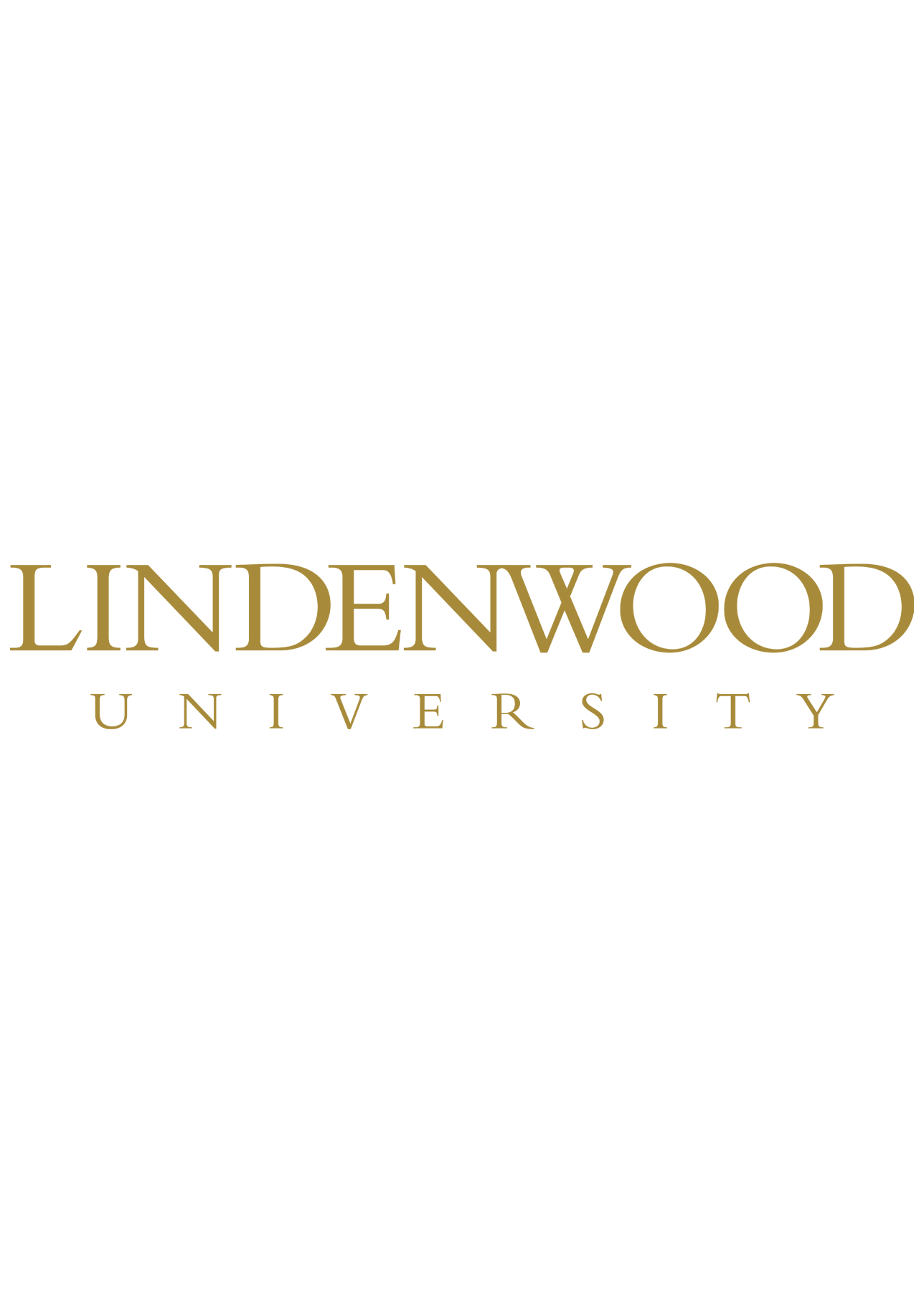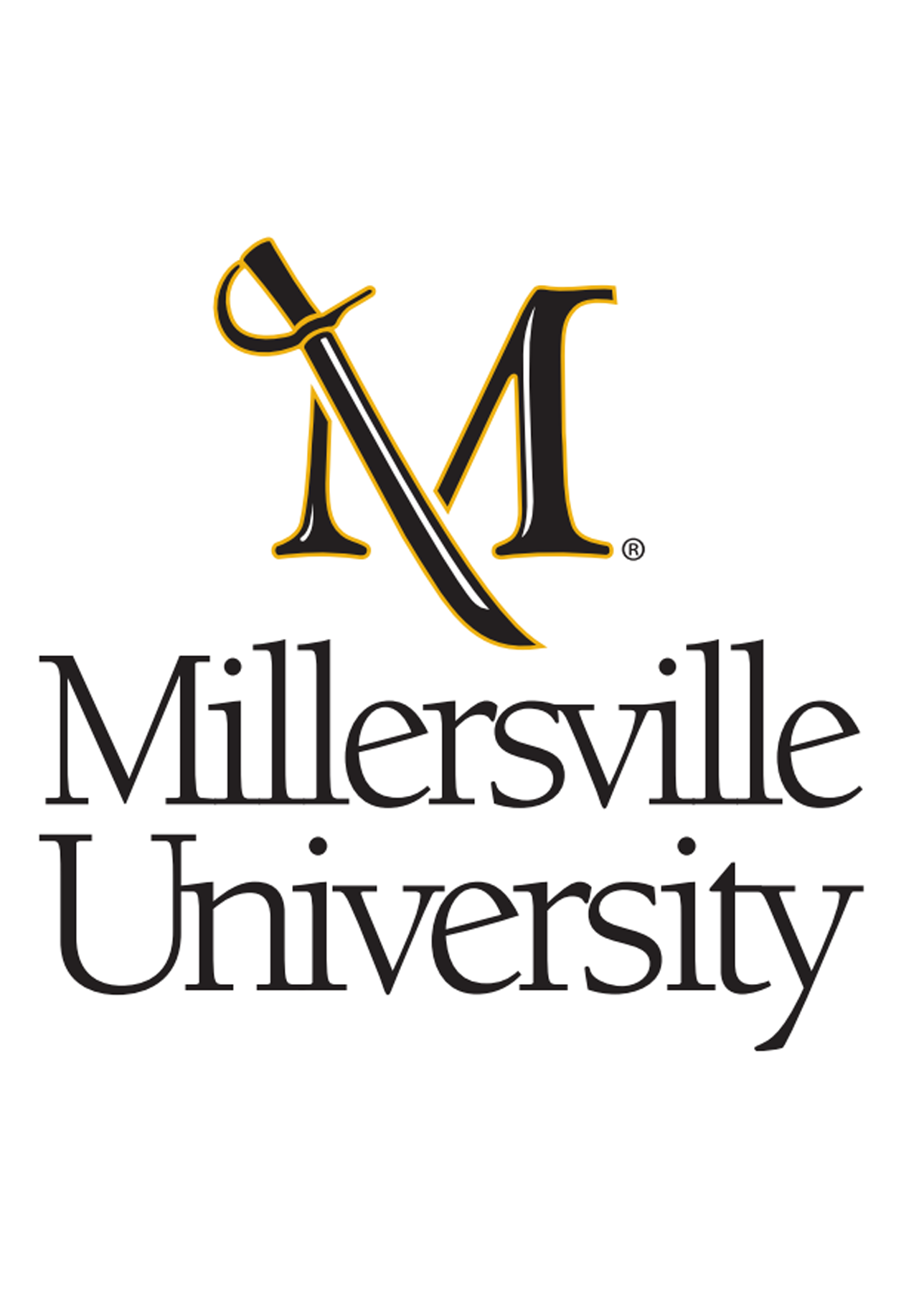An online master’s in gifted and talented education focuses on effective strategies and the role of creativity in addressing the needs of high-ability learners. Graduates in this field pursue careers as K-12 teachers, instructional coordinators, school principals, psychology administrators, behavior analysts, and community advocates.
According to U.S. News & World Report, most online master’s in gifted and talented education programs cost $360 to $580 per credit hour. Expect total tuition to add up to around $11,000 to $21,000.
Why Trust Us
The Intelligent.com Higher Education Team is dedicated to providing students with independent, equitable school and program rankings and well-researched resources. Our expert-driven articles cover topics related to online colleges and programs, paying for school, and career outlooks. We use data from the U.S. Department of Education’s College Scorecard, the National Center for Education Statistics, and other reputable educational and professional organizations. Our academic advisory team reviews content and verifies accuracy throughout the year for the most current information. Partnerships do not influence rankings or editorial decisions.
- Analyzed over 2,000 national, accredited, and nonprofit colleges and universities
- 800+ rankings pages are reviewed and updated yearly
- Content is informed by reputable sources, surveys, and interviews with academic advisors and other experts
- Over 100 data points are reviewed for accuracy and quality throughout the year, including sources
How we rank schools
Our list features the best online Gifted and Talented Education degree programs at top colleges nationwide. Each school featured is a nonprofit, accredited institution — either public or private — with a high standard of academic quality for post-secondary institutions.
We evaluated each school’s program on tuition costs, admission, retention and graduation rates, faculty, reputation, and the student resources provided for online students. We collected data from trusted sources like the National Center for Education Statistics, individual school and program websites, school admissions counselors, and other data sources. Then, we calculated the Intelligent Score on a scale of 0 to 100 based on the following criterion:
Academic Quality:
- Admission rate versus enrollment rate
- Retention rate of students who return after year one
- Accreditation status (regional and programmatic)
- Nonprofit status, both private and public institutions
Graduation Rate
- Overall graduation rate
- Total number of currently enrolled students, including diversity metrics
- Student-to-faculty ratio
Cost and ROI
- In-state and out-of-state per-credit tuition rates and fees
- Required credits to graduate
- Earning potential after graduation
- Availability of federal student loans, scholarships, and other financial aid options
Student Resources
- Available student services for online-only and hybrid programs
- On-campus amenities like tutoring centers and the number of libraries
Read more about our ranking methodology.
Best 18 Online Master’s in Gifted and Talented Education Degree Programs
FiltersInstitution Type
Status
- Intelligent Score
- Alphabetically By University Name
- Acceptance Rate
- Enrollment
- In-state Graduate Tuition
- Out-of-state Graduate Tuition
- In-state Undergraduate Tuition
- Out-of-state Undergraduate Tuition

University of Georgia
Intelligent Score: 99.88In-state: $9,790
Out-of-state: $28,830
In-state: $8,878
Out-of-state: $8,878
SAT: 1250-1460
ACT: 29-33
$645
Online
Southern Association of Colleges and Schools Commission on Colleges
37

University of Missouri
Intelligent Score: 98.84In-state: $9,330
Out-of-state: $27,612
In-state: $9,478
Out-of-state: $9,478
SAT: 1110-1320
ACT: 23-29
$562
Online
Higher Learning Commission
30

The University of North Carolina at Charlotte
Intelligent Score: 97.82In-state: $7,019
Out-of-state: $34,198
In-state: $10,552
Out-of-state: $10,552
SAT: 1280-1490
ACT: 28-33
Resident: $289
Non-Resident: $537 - $1,098
Online
Council for Accreditation of Educator Preparation
33

University of Alabama
Intelligent Score: 97.58In-state: $10,780
Out-of-state: $30,250
In-state: $10,780
Out-of-state: $10,780
SAT: 1070-1330
ACT: 23-31
$440
Online
Council for the Accreditation of Educator Preparation
30-36

Arkansas State University
Intelligent Score: 97.25In-state: $5,232
Out-of-state: $10,800
In-state: $4,986
Out-of-state: $4,986
SAT: 1000-1220
ACT: 20-26
$340
Online
Council for the Accreditation of Educator Preparation
30

University of North Texas
Intelligent Score: 97.11In-state: $8,295
Out-of-state: $18,111
In-state: $6,350
Out-of-state: $6,350
SAT: 1050-1240
ACT: 20-27
Resident: $353
Non-Resident: $450
Online, On-Campus
Council for Accreditation of Educator Preparation
33

Fort Hays State University
Intelligent Score: 96.57In-state: $4,140
Out-of-state: $14,580
In-state: $3,726
Out-of-state: $3,726
SAT: N/A
ACT: N/A
$339
Online
Council for the Accreditation of Educator Preparation
36

University of Northern Colorado
Intelligent Score: 95.18In-state: $7,596
Out-of-state: $19,854
In-state: $10,867
Out-of-state: $10,867
SAT: 980-1200
ACT: 19-26
$688
Online, On-Campus
Council for the Accreditation of Educator Preparation
33

Northwestern State University of Louisiana
Intelligent Score: 94.66In-state: $5,180
Out-of-state: $15,968
In-state: $5,738
Out-of-state: $5,738
SAT: 978-1130
ACT: 17-23
$475
Online
Council for Accreditation of Educator Preparation
36

Lindenwood University
Intelligent Score: 93.64In-state: $18,000
Out-of-state: $18,000
In-state: $9,450
Out-of-state: $9,450
SAT: 990-1180
ACT: 19-25
$551
Online
Higher Learning Commission
33-36

Millersville University
Intelligent Score: 93.36In-state: $9,570
Out-of-state: $19,290
In-state: $9,288
Out-of-state: $9,288
SAT: 1000-1190
ACT: N/A
Resident: $516
Non-Resident: $603
Online
Council for Accreditation of Educator Preparation
36

Regent University
Intelligent Score: 93.31In-state: $17,220
Out-of-state: $17,220
In-state: $15,552
Out-of-state: $15,552
SAT: 940-1220
ACT: 21-29
$565
Online
Council for Accreditation of Educator Preparation
35

Converse University
Intelligent Score: 92In-state: $19,500
Out-of-state: $19,500
In-state: $8,736
Out-of-state: $8,736
SAT: 1000-1200
ACT: 16-21
$500
Online
Southern Association of Colleges and Schools Commission on Colleges
30

Lamar University
Intelligent Score: 91.53In-state: $6,129
Out-of-state: $15,945
In-state: $6,397
Out-of-state: $6,397
SAT: 943-1140
ACT: 17-23
$342
Online
Southern Association of Colleges and Schools Commission on Colleges
36

Mary Baldwin University
Intelligent Score: 85.23In-state: $30,690
Out-of-state: $30,690
In-state: $13,000
Out-of-state: $13,000
SAT: 940-1120
ACT: 18-24
$495
Online
Southern Association of Colleges and Schools Commission on Colleges
30

UA Little Rock
Intelligent Score: 85.21In-state: $7,568
Out-of-state: $24,056
In-state: $7,752
Out-of-state: $7,752
SAT: 1090-1280
ACT: 23-29
$396
Online
Council for Accreditation of Educator Preparation
30-33

Western Kentucky University
Intelligent Score: 82.02In-state: $10,802
Out-of-state: $26,496
In-state: $12,140
Out-of-state: $12,140
SAT: 980-1180
ACT: 19-26
$707
Online
Council for Accreditation of Educator Preparation
30-37

Liberty University
Intelligent Score: 81.24In-state: $14,791
Out-of-state: $14,791
In-state: $7,935
Out-of-state: $7,935
SAT: 1040-1250
ACT: 21-29
$415
Online
Southern Association of Colleges and Schools Commission on Colleges
36
How to Choose an Online Master’s in Gifted and Talented Education Program
Choose your area of study
This degree is typically offered as either a Master of Education (MEd) or Master of Arts (MA). Some programs will allow you to select a concentration and focus your studies on a particular niche in this field, such as elementary education, secondary education, or curriculum development. If you already know what you want to do after you graduate, look for programs that closely match your career goals.
Research schools and programs
When investigating schools, the first thing to confirm is their accreditation status. This affects whether the school is eligible to award federal financial aid to students. For educators, it can also impact their ability to get the necessary licenses and certifications. Students should seek out schools with regional accreditation as well as accreditation from the Council for the Accreditation of Educator Preparation (CAEP).
Other important information that students should seek out during the research phase includes:
- Are students required to have work experience or teaching licensure to be eligible for the program?
- Are there any experiential learning requirements, such as student teaching or a practicum?
- How do remote students access student services like academic advising, tutoring, tech support, and counseling?
- What are the networking opportunities?
- Who are the faculty members, and what are their qualifications?
To learn more about any schools that you’re interested in, you can visit the school’s website, contact an admissions counselor, follow the school on social media, or attend an in-person or virtual open house.
Prepare for tests and applications
The application process for an online master’s in gifted and talented education varies by school and program. Common requirements include:
- Official transcripts from all schools previously attended, showing that you earned a bachelor’s degree in education or a related field with an undergraduate GPA of 2.5 or higher
- Letters of recommendation detailing your qualifications, character, and potential for program success
- A resume or CV that summarizes your education and professional experiences
- An essay or personal statement explaining your interest in gifted and talented education and why you are a match for the program
- GRE scores
Always contact an admissions counselor to ensure you have the most accurate information regarding requirements and deadlines.
Select your program
Once students have researched their options, they should pare down their list to the programs that most align with their personal and professional needs. This may mean that students only apply to one or two programs or that they apply to many to increase their odds of acceptance. There’s no magic number of applications to submit, but students should keep in mind that the more schools they apply to, the more they’ll pay in application fees.
Before making your final decision, review your needs and goals again. Do you plan to attend school full-time or part-time? Do you want your program to be as online as possible, or are you fine with a hybrid program that has a fair amount of in-person requirements? Some programs offer asynchronous courses, which can be completed at your own pace, while others only offer synchronous courses, which involve remotely attending lectures and completing assignments at the same time as other students — which of these two online learning formats do you prefer? Your school should accommodate your scheduling needs and learning preferences.
Determine how you’ll pay for your degree
Filling out the Free Application for Federal Student Aid (FAFSA) is the first step in determining a student’s eligibility for federal student loans and need-based institutional aid like scholarships and grants. Many schools offer merit-based aid like scholarships, assistantships, and fellowships to students with a strong academic record and professional achievements. Students can also explore scholarships and grants from outside sources like professional development organizations, community and religious groups, and nonprofits.
For students who are working while enrolled in a master’s program, tuition assistance benefits may help reimburse payment for classes. Military service members and veterans should inquire about tuition discounts for military and GI Bill benefits.
Be sure to speak to financial aid counselors at the schools you’re interested in for the most accurate and specific information about program cost.
What Can You Expect from an Online Master’s in Gifted and Talented Education Program?
This master’s degree program allocates the initial year to basic classes that encompass the fundamentals of gifted and talented education. Students explore curriculum design, behavior and human development, and the needs and nature of gifted and talented learners.
In the second year, expect to go deep into the gifted education area that aligns most with your career goals. Gaining experience through practicums and fieldwork is a possibility.
Potential courses you’ll take in an online master’s in gifted and talented education degree program
- Comparative Learning Theory. Students examine how to design learning environments to benefit diverse groups.
- Gifted Learner Identification. Students learn how to gauge possibly gifted learners.
- Intro to Gifted Education and Talented Development. This first-semester course reviews current gifted and talented education research, trends, and practices.
- Curriculum and Instruction for High Ability Learners. This course covers appropriate learning materials for gifted students. Class topics concentrate on educational challenges that can emerge.
- History of Gifted and Talented Education. Students learn about the evolution of this discipline from its beginning.
What Can You Do With an Online Master’s in Gifted and Talented Education?
Career outlook
The career outlook for educators with a master’s degree in gifted and talented education is promising, driven by a growing recognition of the importance of individualized instruction for exceptional students. According to data from the National Association for Gifted Children (NAGC), there is a strong demand for specialized educators who can provide appropriate programming for gifted learners. Some of the career paths open to those with this academic credential include the following:
- Kindergarten or elementary school teacher — Teach young children in order to prepare them for further education.
- Median annual salary: $63,670
- Projected employment growth (through 2032): 1%
- New job openings projected: 109,000 annually
- Middle school teacher — Help students advance their understanding of the subjects they learned in elementary school and prepare them for the subjects that will be covered in high school.
- Median annual salary: $64,290
- Projected employment growth (through 2032): 1%
- New job openings projected: 42,200 annually
- Instructional coordinator — Develop, implement, and assess the effectiveness of educational materials.
- Median annual salary: $74,620
- Projected employment growth (through 2032): 2%
- New job openings projected: 19,200 annually
Online Master’s in Gifted and Talented Education Degree Frequently Asked Questions
How do I apply to an online master’s in gifted and talented education degree program?
Contact the admissions counselor for details about the application process. Most schools accept applications and supporting materials online through their websites.
To apply, collect the required materials:
- Official transcripts from all previous schools
- Letters of recommendation from two or three references
- Resume or CV to spotlight your educational and professional experiences
- GRE test scores or scores from other standardized tests to assess quantitative and verbal reasoning skills
- Graduate school essay to explain why you are a good fit and interested in the program
How much does an online master’s degree in gifted and talented education cost?
Tuition rates vary by school. According to U.S. News & World Report, these programs tend to cost $360 to $580 per credit hour, adding up to a total tuition of $11,000 to $21,000. Beyond tuition, online students can expect to pay fees for technical support, online library resources, and technology purchases like an updated computer.
How long does it take to earn an online master’s in gifted and talented education degree?
The total enrollment time can vary depending on the number of required credits, the student’s pace, and any experiential learning requirements. Two years is the average amount of time needed to earn this degree. Students enrolled full-time, taking 12 to 15 credits per semester, usually get their degree within two years. A student with a part-time courseload might need three years or more to finish.
Is an online master's in gifted and talented education worth it?
An online master’s degree in gifted and talented education offers numerous advantages. This degree equips educators with the knowledge and strategies to support the unique needs of gifted students, making them highly valuable in the field of education. Graduates can pursue various career paths within gifted education, from teaching to program coordination and curriculum development.
Online programs eliminate the need to commute to campus, which can save students a significant amount of time. Also, online students will have multiple opportunities to network with other students, faculty members, and industry professionals across the country through their program.
Read More about Online Master’s in Gifted And Talented Education Degree Programs
Compare School Options
Related Degrees
- Math Education
- K-12 Education
- Higher Education
- Graduate Certificate in Elementary Education
- Child Development
- Educational Administration
- Reading and Literacy
- Curriculum and Instruction
- Educational Leadership
- Early Childhood Education

